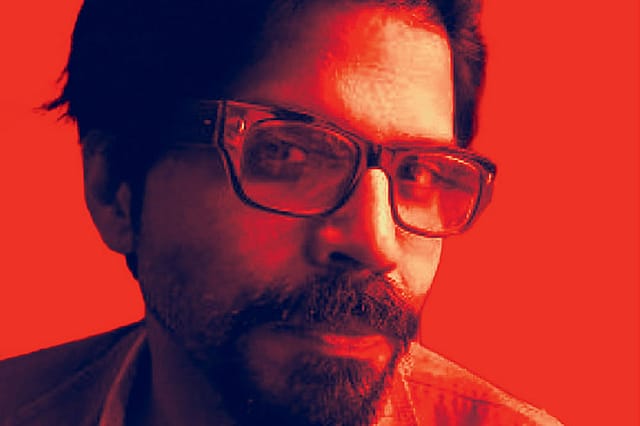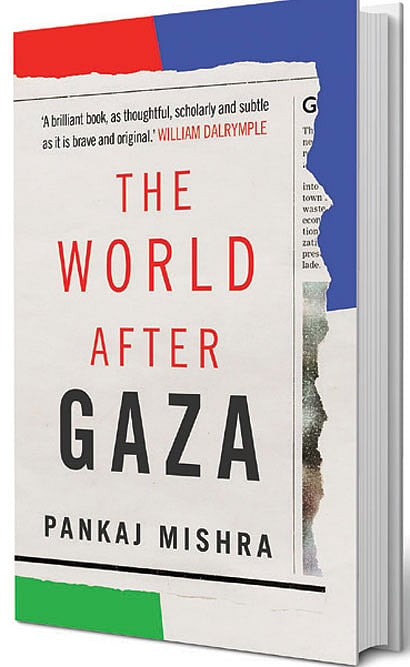The Moral Inverted

THE PREMISE OF The World After Gaza is straightforward— Israel’s response following the October 7 attack in razing the Palestinian territory to rubble and killing vast numbers of civilians is derived from the moral sanction of Jews having undergone genocide in World War II. The idea that they can never again walk into a Holocaust allows the country to commit acts of war that the world wouldn’t countenance from anyone else. It is in how he weaves it that Pankaj Mishra gives his argument substance. He illustrates, through a copious variety of sources, from historical to the literary, how the relationship of Israel and its allies evolved to the Holocaust, as it moved from a periphery of consciousness to the entire whole from whence nothing it could do became morally or legally repugnant, a wilful exploitation.
The book walks between the intimate and the political, interspersing Mishra’s own evolution from an admirer of Israel in his younger days to the gradual recognition of the country having metamorphosed into a caricature of the demons that had once preyed on its people. A turning point being a visit he makes to Israel and its occupied territories in 2008. He writes, “Like many writers and journalists exposed to Israel’s occupation for the first time, I returned with an awakened, affronted sensibility.”
Openomics 2026: Continuity and Conviction
06 Feb 2026 - Vol 04 | Issue 57
The performance state at its peak
A primary device that Mishra relies on is to use words and works of Jews and Israelis themselves with similar awakenings, including Holocaust survivors. He begins the book with Jean Améry, a survivor of the Auschwitz concentration camp who thinks of Israel as the only refuge for Jews, being shocked enough in 1977 by Israel’s torture of Arab prisoners to write an article titled ‘The Limits of Solidarity.’ Hannah Arendt, coiner of that famous term ‘banality of evil’ to describe ordinary people becoming murdering Nazis, and Primo Levi, another Auschwitz survivor, are quoted often and at length for their forebodings about Israeli metamorphosis.
Changes in Israel’s population and politicians, the role of the trial of Nazi Holocaust organiser Adolf Eichmann in 1961, Hollywood movies and bestseller novels all begin to inexorably push the revisionism of the Shoah from the 1960s onwards. Of the three divisions of the book, the second is a deconstruction of how a similar change in consciousness around the Holocaust that happened in Germany and the US, turned them into two of Israel’s strongest apologists. Mishra tops all of it up to argue that it is not the Holocaust but decolonisation that is the most seminal event of our times and what Israel symbolises is a transposing of colonisation and Apartheid under a garb of victimhood. What then is The World After Gaza? A bleak one in which the “arc of the moral universe does not bend towards justice; powerful men have always made their massacres seem necessary and righteous”.
The tone of The World After Gaza is far from objective, reminding you of the unapologetic one-sidedness of a debate. Lines like “Yet no disaster compares to Gaza” might be designed for effect but comes across as hyperbole for anyone not in the same thrall. If there is a reference to the October 7, 2023 attack by Hamas that set off the chain of retaliation, then it is put out as something that “destroyed, permanently Israel’s aura of invulnerability” and how it led to a triggering of “white power”. The reader will relish the eloquence of Mishra and his curations—Levi could sense “the incurable nature of the offense, which spreads like an infection’’—but one suspects that this is a work that talks mainly to the already converted.

